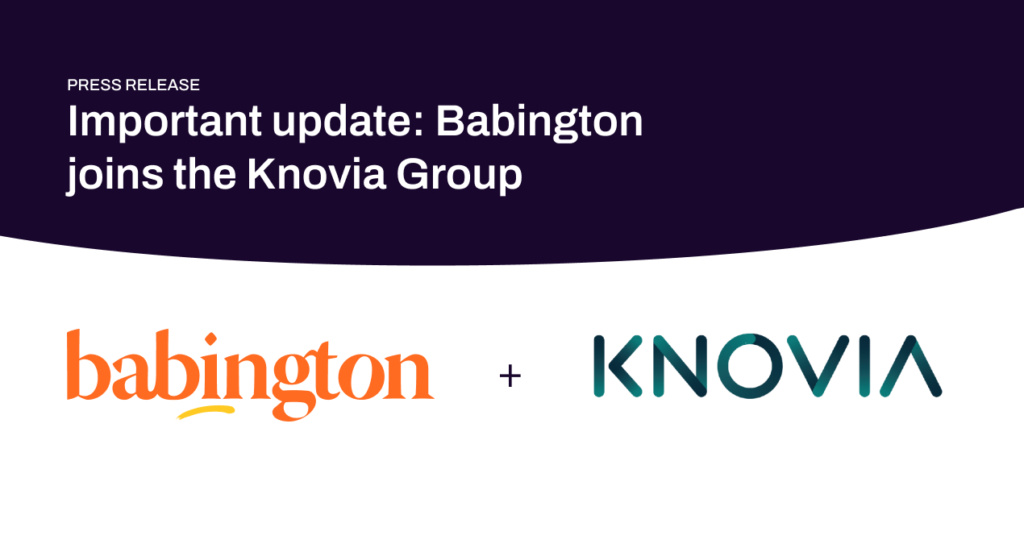Apprenticeships represent an invaluable mechanism for developing talent and closing skills gaps and building sustainable talent pipelines. As we celebrate National Apprenticeship Week 2025, it’s a favourable time for employers to evaluate how apprenticeships can strategically benefit their workforces. This year’s theme focusses on “Skills for Life” – emphasising how apprenticeships can create meaningful career pathways, support both individuals and organisations to thrive both now, and in the future.
You can find out more in our blog ‘Unlocking Potential – Apprenticeships for All’ about the skills shortages that are being faced right now, and those that are required to meet future demands.
In this blog piece we explore some of the misconceptions and myths that exist around apprenticeships and how as an employer you can access and benefit from apprenticeships within your organisation.
Recap: What are Apprenticeships?
Apprenticeships provide formal training that combines practical on-the-job experience with classroom-based learning. They are available at intermediate, advanced, higher, and degree levels, allowing employers to nurture talent at all stages from early careers through to management.
The benefits to employers are substantial – a CIPD study amongst employers found that improved skills within the business are reported by 80% of employers; 70% of employers state improvements in goods and services offered; and improved staff morale is another advantage according to 66% of employers. These figures show that investing in homegrown talent via apprenticeships encourages loyalty and retention, therefore also reducing time and resources spent on recruiting new talent.
Myth-Busting
Myth 1: Aren’t apprenticeships are just for entry level positions?
Fact: Apprenticeships are valuable for developing a skilled workforce across various levels, including high-skilled roles and management positions. Anyone over 16 living in England can pursue training opportunities if new skills are required for career progression or transition.
Myth 2: Isn’t hiring an apprentice seen only as a cost-effective solution?
Fact: While apprenticeships can provide a cost-effective way to train and nurture talent, organisations also benefit from the increased productivity, loyalty, and unique skills that apprentices can bring to the workplace.
Myth 3: Are apprenticeship programmes too time-consuming and disruptive for our business?
Fact: Apprenticeship programs can be tailored to suit business needs. They often contribute to increased efficiency and innovation, and the time investment can result in a more skilled and committed workforce.
Myth 4: Are apprenticeship graduates are less qualified than those with traditional academic degrees?
Fact: Apprenticeship graduates possess a unique blend of hands-on experience and theoretical knowledge, making them well-rounded and practical problem solvers, highly valuable in the workplace.
Myth 5: Can only large companies afford to invest in apprenticeship programs?
Fact: Businesses of all sizes can benefit from apprenticeships. Government incentives and funding options make apprenticeships financially viable for small and medium-sized enterprises as well. Additionally, schemes like the BT Apprenticeship Transfer Scheme provide further support by enabling large organisations to transfer unused apprenticeship levy funds to smaller businesses. This ensures SMEs can access the resources they need to invest in training and development, making apprenticeships an accessible option for all.
Myth 6: Aren’t apprenticeship programs inflexible and therefore don’t align with our business goals?
Fact: Apprenticeship programmes can be tailored to meet specific business needs, ensuring alignment with organisational goals, and fostering the development of skills essential for the company’s success. A recent survey from the Department of Education found that 93% apprentices that achieve go into work or further training – 92% employment.
Myth 7: Is the return on investment for apprenticeships too uncertain?
Fact: Many studies demonstrate the positive impact of apprenticeships on business performance, including increased productivity, reduced recruitment costs, and a more skilled workforce, providing a clear return on investment.
Myth 8: Apprenticeships are only relevant for certain industries and not applicable to our business.
Fact: Apprenticeships have expanded to cover a wide range of industries, including technology, finance, management, and more, making them adaptable and applicable to diverse business sectors.
Myth 9: Won’t apprenticeship programs be a distraction from our core business activities?
Fact: Apprenticeships can enhance core business activities by fostering a culture of continuous learning and development, leading to a more adaptable and skilled workforce.
Myth 10: When it comes to recruitment, do employers only hire apprentices when they can’t find skilled workers elsewhere?
Fact: No! Employers actively choose apprenticeships as a strategic avenue to cultivate skilled and loyal talent, recognising the benefits of a well-structured apprenticeship programme in offering opportunities to diverse candidates, and helping them to meet specific workforce needs.
Considering an apprenticeship programme for your organisation? What next?
To leverage apprenticeships, employers should first understand key aspects of how they are funded and delivered:
– The Apprenticeship Levy – Employers with annual payrolls over £3 million fund apprenticeships through a 0.5% tax. These funds can only be spent on approved apprenticeship training.
– Non-levy paying employers – Smaller companies act as co-investors, contributing 5% towards the apprenticeship with 95% covered by government.
– Additional incentives – Bonus payments are available for hiring 16–18-year-old apprentices or those aged 19-24 who have previously been in care or have a local authority education, health, and care plan.
– Hundreds of apprenticeship standards and frameworks are available, covering topics from accountancy to cybersecurity. Employers can select offerings to meet their unique business needs. For example, Babington apprenticeships.
Hiring an Apprentice
Posting well-crafted apprenticeship vacancies is the first step in the hiring process. Descriptions should provide an accurate overview of the role’s duties and required competencies. Casting a wide net for candidates on sites like GOV.UK’s Find an Apprenticeship tool can surface more diverse applicants.
When selecting apprentices, focus assessments should be focused on skills, potential, and mindset, in addition to qualifications. Probation periods are utilised to confirm candidates have the capacity and motivation to handle both work and study. Upon onboarding, have apprentices sign agreements detailing the training programme and commitments from each party involved.
It’s also vital to assign mentors within the business to guide apprentices. Regular check-ins should be scheduled to monitor progress and motivation levels. Recognise that newer hires may require additional coaching to thrive in the workplace.
Delivering Quality Apprenticeship Training
Apprenticeships require at least 20% of the time to be spent in off-the-job training – where workers step away from normal duties to focus on skill building. Employers can choose between block release models, where weeks are dedicated to classroom learning, or day release approaches, spacing training sessions evenly each week.
Whichever format is selected, it’s essential that apprentices feel know that their development is a priority. Maintain open dialogue around scheduling to prevent conflicts with critical workplace projects.
Partnering with a reputable training provider adds further structure and accountability. These educational specialists supply vital tools, tutor support, and progress monitoring. Take time vetting apprenticeship partners to ensure their training methods align with organisational values and experiences your industry needs.
Tracking apprentice milestone completions provides visibility into what’s working and where more assistance may be required. Regular touchpoints also reinforce the employer’s commitment to the apprentice’s personal growth.
Get started with apprenticeships!
Now we’ve debunked some of the misconceptions, and informed you that apprenticeships really do benefit organisations in so many ways, get in touch with us and one of our experts will guide you through how we can help you find and develop the talent, skills and capabilities you need in order to succeed!





